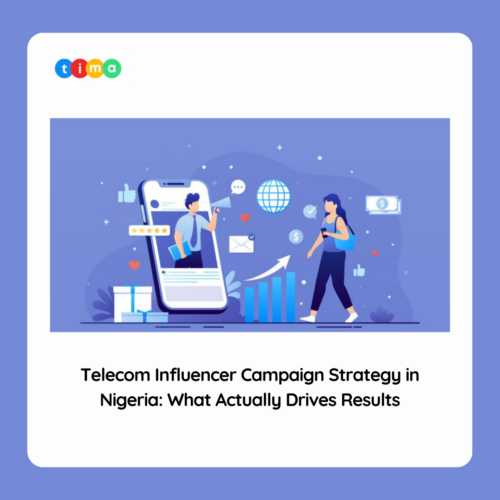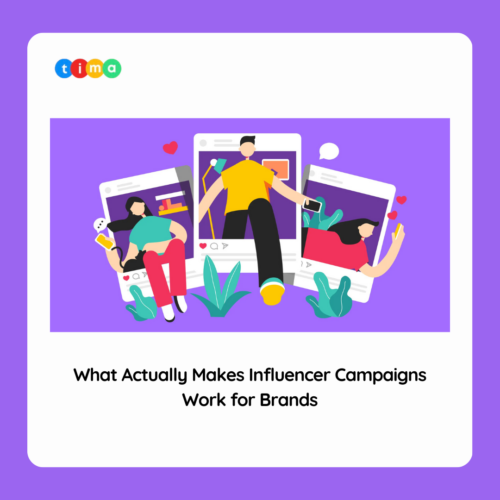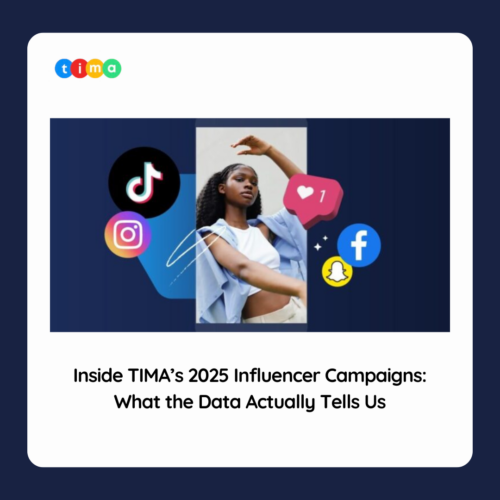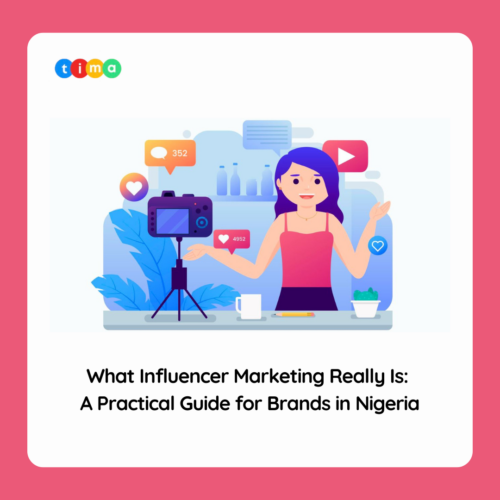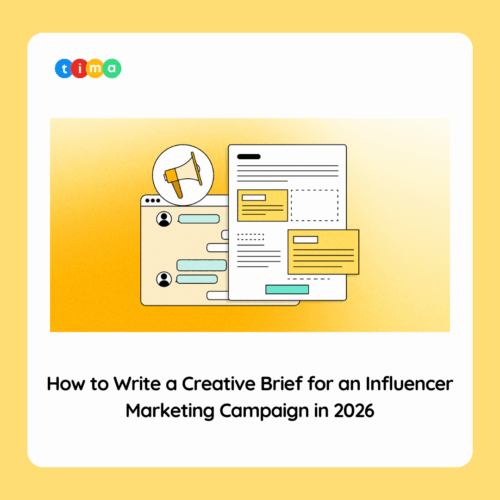Influencer marketing has become a dominant force in the digital space, enabling brands to connect with their audiences through authentic content and relatable personalities. Simultaneously, television advertising, despite facing challenges from digital media, remains a strong contender for mass audience reach. Integrating influencers into TV advertising leverages the strengths of both mediums to create a cohesive and powerful marketing approach.
Benefits of Integrating Influencers into TV Advertising
Integrating influencers into TV advertising offers a powerful synergy that expands a brand’s reach, boosts engagement, enhances authenticity, and allows for measurable results. By strategically selecting influencers whose values align with the brand and target audience, companies can create impactful and memorable campaigns that bridge the gap between traditional and digital marketing realms, resulting in a win-win situation for both the brand and the influencer. Here are some key benefits of integrating influencers into TV advertising:

Amplified Reach:
One of the most significant advantages of combining TV advertising with influencers is the amplified reach it offers. Television, with its massive viewership, has long been a reliable medium for reaching a broad audience. On the other hand, influencers boast a dedicated and engaged online following. By merging these two platforms, brands can access diverse demographics and target segments that might have been difficult to reach through traditional advertising alone.
Enhanced Engagement:
Influencers have a unique ability to establish authentic and personal connections with their followers. They have worked hard to build a loyal audience who trusts their opinions and recommendations. When an influencer features in a TV ad, their followers are more likely to pay attention, leading to higher engagement rates. This heightened engagement not only extends the brand’s message but also generates a genuine interest in the advertised content.
Authenticity and Trust:
Authenticity is a prized commodity in the advertising world, and influencers excel in this aspect. Their followers perceive them as relatable and genuine, which can positively impact the perception of the brands they endorse. When an influencer vouches for a product or service on television, viewers are more likely to trust the recommendation, as it feels like it comes from a friend or a trusted source. This transfer of authenticity and credibility from influencers to the brand can foster trust among consumers, a critical factor in driving purchasing decisions.

Strategies for Integrating Influencers into TV Advertising
Here are four key strategies to consider for such campaigns:
Storytelling:
An essential aspect of any successful campaign is developing a cohesive and compelling brand narrative that connects with both the influencer’s audience and TV viewers. The storytelling should resonate emotionally, leaving a lasting impression on the audience. By aligning the influencer’s personal brand with the brand’s values and message, the campaign becomes more authentic and relatable, capturing the attention of a broader audience.
Seamless Integration:
Integrating the influencer’s presence in the TV ad seamlessly is crucial to maintain the audience’s interest and avoid disrupting the viewing experience. The influencer’s appearance and role should feel natural within the storyline, ensuring that it complements the message of the ad rather than appearing forced. This way, the influencer’s endorsement appears genuine, enhancing brand credibility and trustworthiness.
Cross-Promotion:
The power of cross-promotion cannot be underestimated. By capitalizing on the synergy between the TV ad and the influencer’s social media channels, the campaign’s reach can be significantly amplified. The influencer can share behind-the-scenes footage, teasers, or exclusive content related to the TV ad, generating excitement and driving traffic to both platforms. This approach maximizes exposure and fosters engagement from a wider audience.
User-Generated Content:
Encouraging influencers to create user-generated content related to the TV ad further enhances engagement and interaction. User-generated content is inherently authentic and relatable, making it highly shareable. It can involve challenges, reactions, or creative interpretations inspired by the TV ad. By leveraging the influencer’s creativity and their audience’s participation, the campaign gains momentum, sparking conversations and generating buzz across social media platforms.

Measuring and Analyzing Impact:
Measuring and analyzing the impact of TV advertising, particularly when influencers are involved, requires a comprehensive approach that combines traditional television metrics with digital analytics and direct audience feedback. Here’s a brief overview of the key methods used to assess the success of an integrated campaign:
TV Ratings:
One of the fundamental ways to analyze the performance of a TV ad is through standard television metrics like ratings, impressions, and reach. Ratings provide an indication of the viewership of the ad, allowing marketers to understand how many people watched it during its airtime. Impressions, on the other hand, refer to the number of times the ad was shown, while reach indicates the total number of unique viewers reached. These metrics help advertisers evaluate the ad’s exposure and popularity, which can be particularly valuable when influencers are part of the campaign.
Digital Metrics:
TV advertising is not limited to television screens alone. It often goes hand in hand with online platforms and social media. Utilizing digital tools allows marketers to track the online impact of the campaign. Parameters such as website traffic, social media engagements (likes, shares, comments), and conversions (click-through rates and sales) provide insights into the audience’s response to the ad beyond television. This data is crucial for understanding the holistic reach and effectiveness of the campaign across different channels and platforms.
Surveys and Feedback:
Gathering direct feedback from the audience is a valuable way to assess their perception of the integrated campaign. Surveys can be conducted to gather qualitative and quantitative data about how the ad resonated with the viewers, their sentiment towards the brand, and their overall receptivity to the influencer’s involvement. This feedback helps marketers identify strengths, weaknesses, and areas of improvement in the campaign, guiding future strategies.
Case Study
Brand: Travel Beta – A Travel Agency
Objective: Increase brand awareness and boost sales for Travel Beta across Africa.
Strategy: Travel Beta partnered with a popular lifestyle and travel influencer, Tayo Aina, who is known for his authenticity and relatability to the target demographic. Tayo Aina starred in TV ads showcasing his ability to reach any destination in the world with access to the best stay places in the countries. Additionally, the influencer engaged his social media followers with the campaign during a popular TV show, Big Brother Naija.
Outcomes:
Substantial Reach: Tayo Aina’s large social media following, combined with TV’s broad audience reach, led to a significant increase in brand exposure.
Enhanced Credibility: The authenticity of the influencer’s endorsement resonated with the audience, boosting brand credibility and trust.
Uplift in Sales: Travel Beta experienced a notable uptick in sales, attributing a considerable portion of it to the influencer’s impact. The successful collaboration led them to work with another travel influencer in a subsequent season of Big Brother Naija.
TIMA as a Digital Influencer Marketing Expert
The integration of influencers into TV advertising has emerged as a powerful and effective marketing strategy, tapping into the growing trend of influencer marketing and maximizing the reach and impact of television campaigns. By bridging the gap between traditional advertising and the digital era, brands can create compelling, authentic, and relatable content that resonates with their target audience in new and engaging ways.
TIMA is a Data-Driven Influencer marketing agency in Lagos, Nigeria. Home to Africa’s most influential Creators, Publishers & Brands focused on connecting brands to millions of people through our African influencer network. We specializes in everything influencer marketing with result driven strategies.


